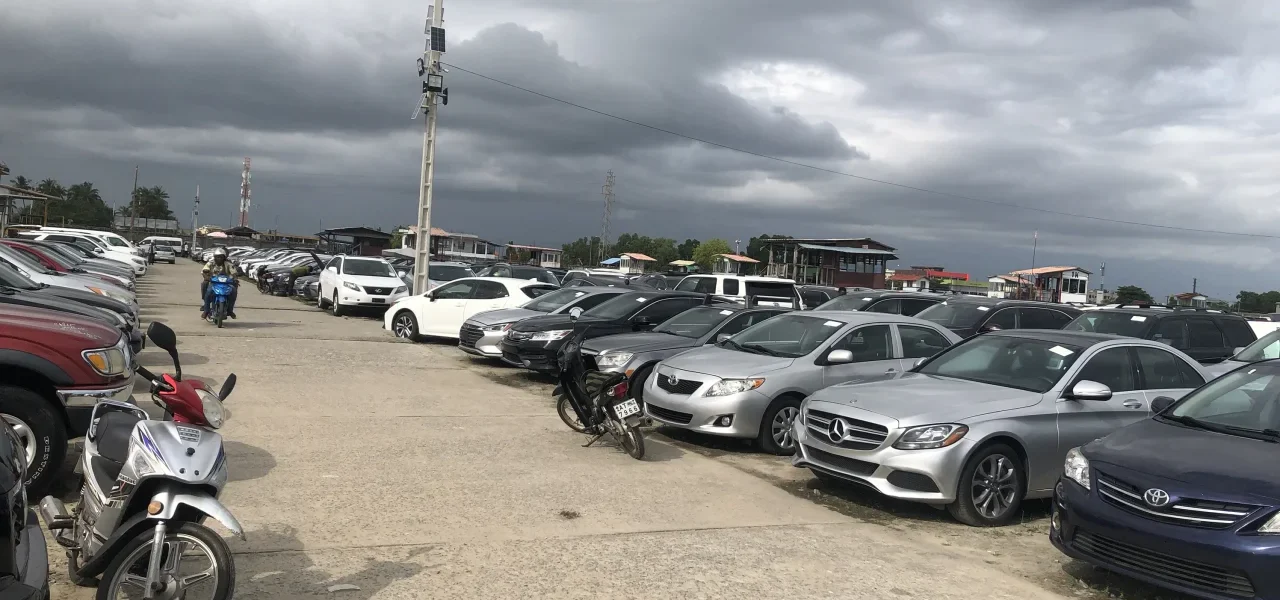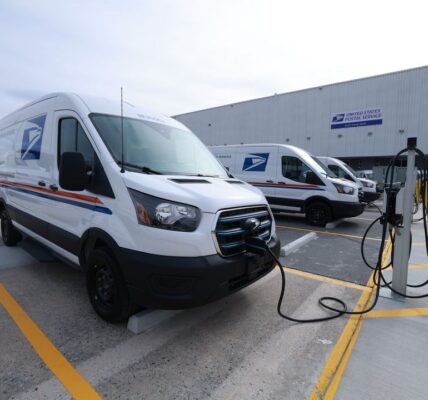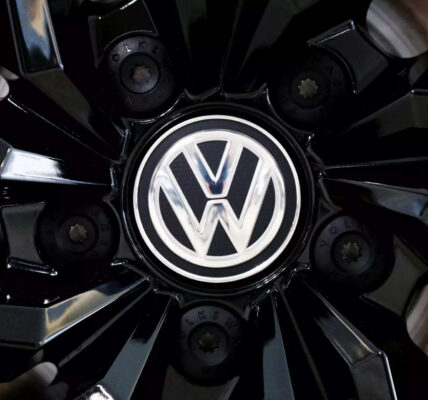Standing on the stony ground in the bustling Fifa Park car lot, Rokeeb Yaya is haggling over the price of a dark red car. It is one of a couple hundred vehicles, parked in long lines stretching out across the vast lot – some shiny and new-looking, others dented and dusty.
The car Yaya has his eye on, a 2008 US-built Ford Escape, is on sale for around $4,000. It’s relatively affordable – US cars are cheaper than most other brands in the lot – and he wants to upgrade from his motorbike to a car. He is not interested in the history of the vehicle, he said, only that he can afford it.
But how this Ford ended up here – in one of the biggest car lots in the port city of Cotonou – helps tell a bigger story about how many of the West’s gas-guzzling cars are starting second lives in West Africa.
The 14-year old Ford arrived in Benin from the United States last year, after being sold at an auto auction.
Car records reviewed by CNN show it had three previous owners in Virginia and Maryland, and has logged over 252,000 miles on the road. It had one previous recall for its power steering, but unlike some of the other cars on the lot, it arrived in a relatively sound condition – it hadn’t been in any reported accidents.
This aging SUV is just one of millions of used cars that arrive every year in West Africa from wealthy countries such as Japan, South Korea, European countries and, increasingly, the US. Many of these end up in Benin, one of Africa’s top importers of used vehicles.
The stream of used cars heading to West African ports is only expected to increase with the West’s shift to electric vehicles. As wealthy countries set aggressive goals to move consumers towards electric vehicles to cut planet-warming pollution, gas-powered cars won’t necessarily go away.
Instead, many will be shipped thousands of miles away to developing countries like Benin, where populations are growing, along with demand for used cars.
Experts say the effect will be to divert climate and environmental problems to countries that are the most vulnerable to the climate crisis, undermining their own attempts to cut planet-warming pollution.








